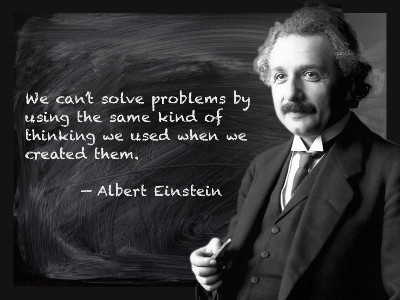It would be difficult to explain my life-long journey to civilitics in a singe blog posting. This portion of the story, however, started in about 2003 when I began working with an intrepid group of people who wanted to have a local organic grocery store in rural central Nebraska. At that time, retail organic foods were mostly available only in areas around the larger metropolitan areas of Lincoln and Omaha, about a hundred miles away.
After several meetings of the steering committee of the First Rural Organic Grocery Store (FROGS), we could not settle on a good and affordable location and came to the conclusion that the time for opening a store was not right. Some years later, FROGS did become a reality, but that is another story.
Shortly after FROGS failed to materialize, Bob Waldrop of the Oklahoma Food Cooperative came to speak at the Nebraska Sustainable Agriculture Society (NSAS) annual conference about the local food cooperative he had founded in Oklahoma. That cooperative provided an online service that allowed small farmers to sell organic and naturally-grown foods directly to consumers through a website. After the meeting, I began working with a slightly different group of people to incorporate the Nebraska Food Cooperative in a likeness of the Oklahoma model.
About two years later, being a programmer, I found myself taking over much of the software development for those two cooperatives and another two that had formed in Idaho and Texas. Eventually, I became the lead software developer on the project and was directly supporting local food cooperatives around the world who were using the Local Food Co-op software.
That probably sounds like a pretty good gig, but there was one major flaw: Local food cooperatives tend to be shoe-string operations and most of them have negligible funds to pay for software development and maintenance. In a free-market economy, they would have been a casualty of the marketplace and gone bankrupt. Fortunately, one or two cooperatives were able to obtain grant funding to pay for software development, and that kept me with enough work to help my wife put food on the table. Nevertheless, I was happy to be working in a field which I could ethically support, rather than crafting ways to deceive search engines into promoting e-commerce sites that don’t actually serve the public benefit. Instead, I was helping small family farms survive and I was helping to get healthy food for people who wanted it. What could be better than that?

amount due: zero
Well, “better” might have been making bucket-loads of money while doing that same conscientious work and building a thriving dot-com software company in the process. But it didn’t quite work out that way. Instead, I worked numerous of hours, many of them for little or nothing. By that time, I had been working on civilitics for a number of years and somewhere along the way I decided it was time to put my money where my mouth was. So in the summer of 2012, I quit participating in the exchange economy and provided all of my services free of charge, without negotiating for any compensation. If I had been running a thriving software company, the transition would have been more challenging, but it is not so difficult to give up nearly nothing.
Indirectly, this points out a couple of implicit advantages of civilitics over exchange economics:
- In civilitics, market pressures do not affect the failure or success of an industry. As I mentioned earlier, in a market economy, the local food cooperatives might have failed for lack of ability to fund their software development. In this case, some economists would argue they should have failed. In civilitics, it is people who assess what is important or valuable and what is not.
- In my case, because I support multiple small organizations in a variety of ways that would be difficult to quantify, civilitics simplifies my process and allows me to be more efficient. Sometimes I provide phone help; sometimes I debug a process error; sometimes I add a new feature or provide system upgrades, or backups. Sometimes I spend two hours on the phone giving support to organizations I have never even heard of. Surely these sorts of things are handled by other software consultants and billed accordingly. But in my situation, I only need to do the work. Invoicing, new client contracts, and similar overhead activities are not a part of my routine. I work, I create value, and I keep track of what I have done. It’s as simple as that.
At this time, the most significant drawback is that no civilitic framework yet exists, so there is no clear way for anyone to survive through civilitics without an alternative form of support (my wife, in my case). This means contributions are mostly just cast into a sort of social vacuum until there is a way to connect the reward side of the system. So the next phase is to create a framework that enables civilitic activity to take place and closes the cycle of benefit. In part, that is what the International Civilitic Institute is about: creating a home for that conversation and initiating the next steps.






